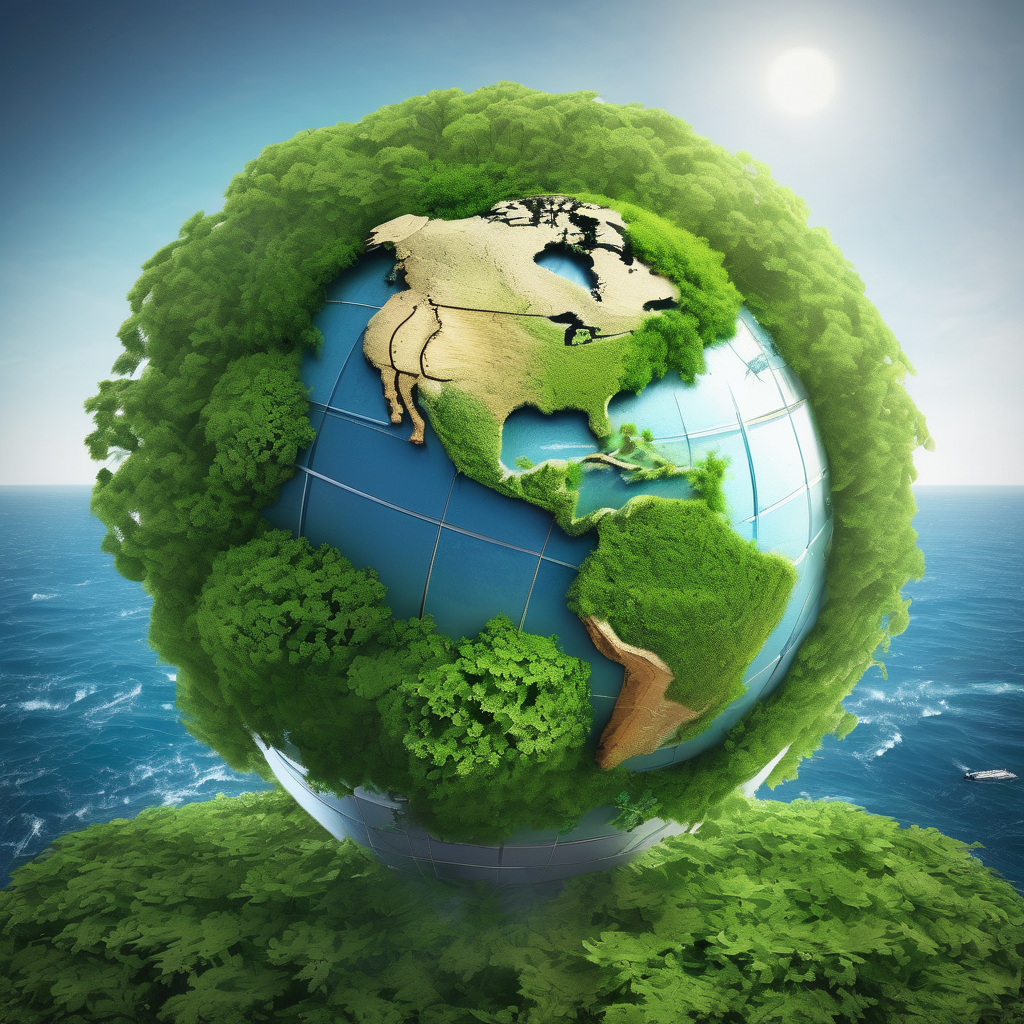The World Health Organization (WHO) has made a pivotal advancement by launching its inaugural regional strategy targeting climate and health action during the seventy-sixth session of the WHO Regional Committee for the Western Pacific. This strategy was crafted in partnership with health ministers and collaborators from 38 countries and regions, spearheaded by the WHO Asia-Pacific Centre for Environment and Health (ACE) based in Seoul, South Korea.
The Western Pacific region, home to over 2.2 billion people, is recognized as one of the most climate-vulnerable areas globally. The adverse effects of climate change, including rising sea levels and deteriorating air quality, are already having detrimental impacts on human lives and livelihoods. Each year, approximately 3.5 million individuals in this region succumb to preventable environmental causes, such as unsafe water and pollution, with outdoor air pollution claiming a life every 14 seconds.
Dr. Saia Ma’u Piukala, WHO Regional Director for the Western Pacific, emphasized that climate change constitutes a pressing health emergency. The newly introduced strategy serves as a call to action to foster healthier and more sustainable living conditions. It outlines three vital priorities for the next five years: the development of climate-resilient health systems, the promotion of healthier urban and island environments, and the advancement of low-emission food systems.
The WHO estimates that climate change may lead to an additional 250,000 deaths annually between 2030 and 2050 due to factors like malnutrition and heat stress, with many of the repercussions anticipated in the Asia-Pacific region. Dr. Sandro Demaio, ACE Director, highlighted that it is crucial for diverse and innovative regional actors to collaborate to turn their intentions into meaningful actions.
Fiji, the host of the strategy launch, exemplifies the dire challenges faced by Pacific nations, particularly those at risk of rising sea levels. This strategic plan is designed to enhance implementation efforts and promote collaboration among governments, researchers, and various stakeholders throughout the region.
This initiative resonates with previous discussions at conferences, including the 2025 Global Conference on Climate and Health, where there have been unified calls for coordinated climate-health actions. Fiji’s Health Minister, Dr. Ratu Atonio Lalabalavu, has underscored the need for comprehensive strategies that account for the health impacts of climate changes, reinforcing the objectives set out in the WHO’s new strategy.
As Pacific nations come together to confront these urgent challenges, there is a hopeful outlook for developing resilient health systems that can effectively manage both current and future health threats. This strategic plan is expected to inspire similar commitments worldwide, enhancing global efforts to address the critical health and environmental crises that await action.
